
Almost 2 in 5 Hong Kong employees expect worse economic status in 2015
Are bosses worried by this outlook?.
Over half (59 per cent) of employees in Hong Kong expect the economic situation to improve in 2015.
According to a release from Randstad Workmonitor, the research also showed that two thirds (66 per cent) of employees expect to receive a pay rise and six in ten employees expect a one-time bonus at the end of this year.
Mr Peter Yu, Director of Randstad Hong Kong, commented that at this time of social and economic change, it is all the more important for employers to adopt effective measures to manage their workforce to remain productive and competitive.
“While some industry figures show that Occupy Central has had a negative impact on certain industries such as retail, our research revealed that employees in Hong Kong are generally optimistic about the outlook for Hong Kong’s economy in 2015.
“With 73 per cent of employees believing they can find comparable work at a different employer within six months, it’s clearly an employee’s market. Therefore it’s important for employers to look beyond financial rewards at the various ways to attract and retain the best talent.
“It’s becoming increasingly important for employers to build a leadership pipeline and invest in their talent management strategy, which includes creating strong career paths and foster talent development opportunities.
Here's more from Randstad Workmonitor:
“With 82 per cent of employees agreeing that the focus on talent development is an opportunity for personal growth, implementing measures and programmes that foster career progression is part of building a strong employer brand that will help to attract top talent and retain a strong team of future leaders,” Mr Yu said.
Fortunately, more than three out of five (66 per cent) employees think their employers dedicate more time and resources to talent development programmes than they did 10 years ago.
To maintain its competitiveness as a top destination for jobs in the region, employers in Hong Kong need to continue to innovate and increase their efforts to develop their talent.
Currently, only 67 per cent of employees in Hong Kong think their employers allow them to define their own career paths, falling behind India (82 per cent), China (79 per cent) and Malaysia (71 per cent) in the region.
“Career progression paths must be tailored for individuals and aligned with the organisation’s long-term strategic workforce plan to be effective. The most attractive employers work to create a culture of engagement that reinforces employee satisfaction and motivation, resulting in stronger business outcomes,” Mr Yu concluded.



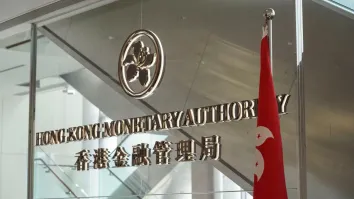


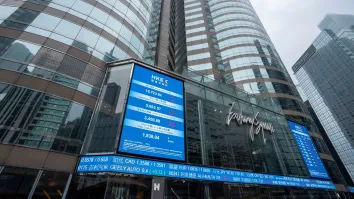







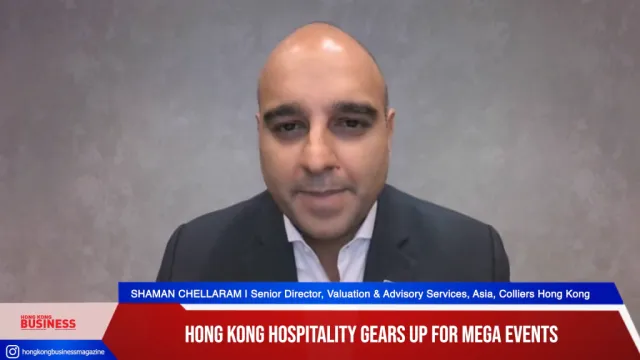
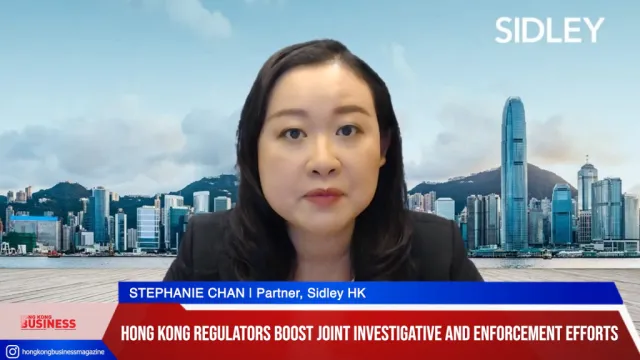
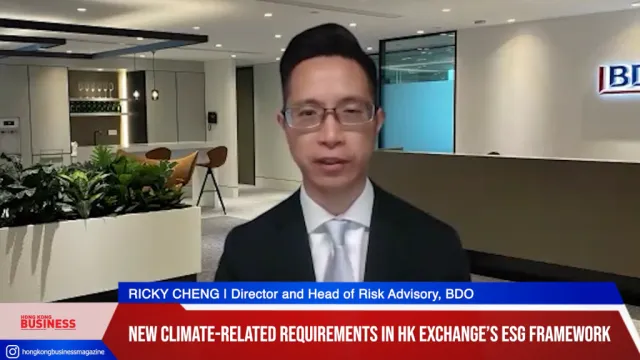
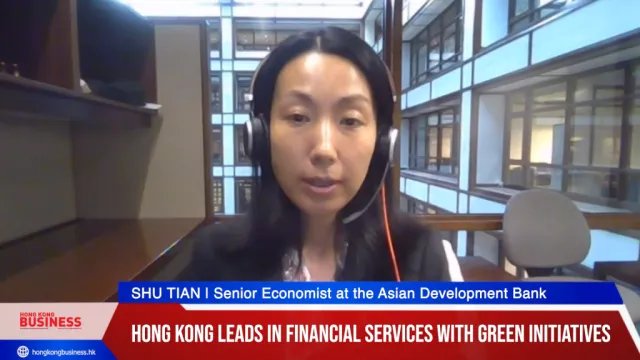

 Advertise
Advertise






